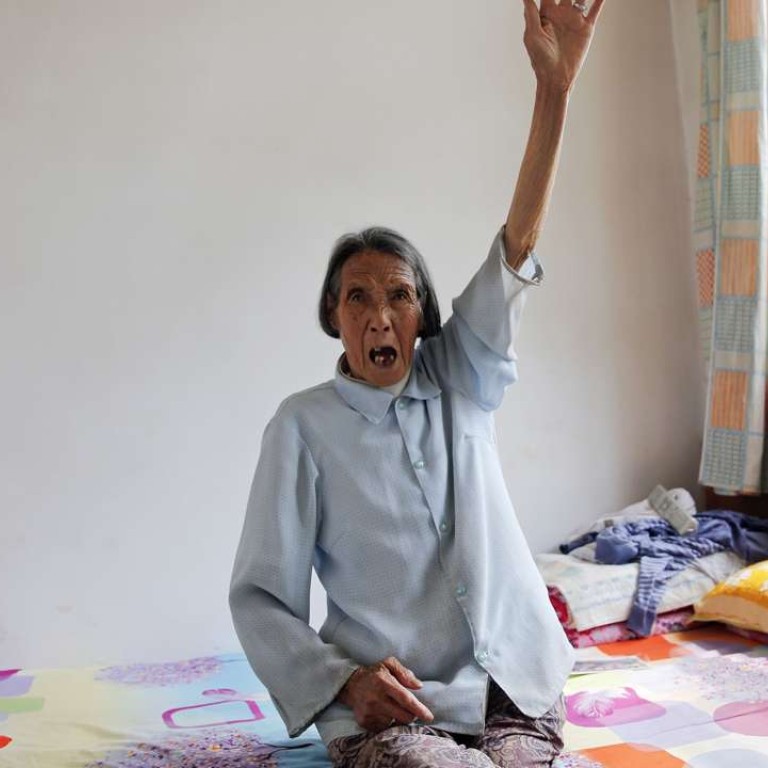
Renewed push to recognise the plight of Chinese ‘comfort women’ enslaved by Japanese military after victim dies
Voices of comfort women should be remembered, says Chinese scholar
Only 20 “comfort women” remain on the mainland following the death of survivor Ren Lane at the start of the month, a scholar has said as he called for greater efforts to protect historical documents detailing their suffering.
“Another comfort women victim [Ren] passed away in Shanxi province on July 1, leaving only 20 surviving comfort women in China,” said Su Zhiliang, director of the Research Centre for Chinese Comfort Women at Shanghai Normal University, according to Xinhua. The term comfort women is a euphemism for girls and women forced to work in wartime Japanese military brothels across Asia.
Su, who has spent two decades researching the issue, said the abuse left many women infertile and they had few family in the later years of their life.
In December, Japan and South Korea announced they had reached a deal to resolve their dispute over the issue, with Tokyo apologising and promising more than US$8.75 million for a fund. China’s foreign ministry said it would study Japan’s sincerity before deciding how it would proceed over the issue with Tokyo.

The exact number of women forced into prostitution by the Japanese army remains debated by overseas historians, but Chinese academics put the number of victims on the mainland at 200,000.
In May, non-governmental organisations from eight countries and regions including China, South Korea, the Philippines and Indonesia jointly put forth records on comfort women to Unesco’s Memory of the World Register. A total of 2,744 documents have been submitted for inclusion to the programme. Files on the Nanking Massacre won registration last year, but those on comfort women did not.
Su said there were two objectives with the nomination. “One is to draw public attention and raise concerns to preserve the valuable files; the other is to learn lessons from history and criticise the atrocities and Japan’s attitude.”
The average age of comfort women was 90.5, which lent urgency to preserving their accounts, Su said. “We have no room for retreat now,” Su said. “We should not let down those victims in the war.”

